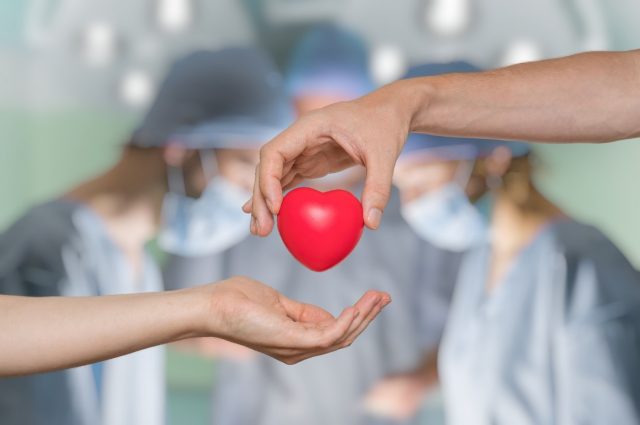In the realm of modern medicine, organ transplantation stands as a beacon of hope for thousands battling end-stage organ failure. This complex yet profoundly life-saving procedure has transformed the fates of many, gifting them a second chance at life. Lev Rivkin, the founder of Echo Care Specialty Pharmacy, understands that the success of organ transplantation isn’t solely a testament to surgical prowess; it’s also heavily reliant on a less visible yet equally critical component—organ transplant medications.
In modern medicine, Echo Care Specialty Pharmacy in New York emerges as a beacon of hope for organ transplant patients, facilitating over 20,000 transplants annually across the United States. Specializing in essential transplant medications, Lev Rivkin emphasizes that Echo Care Specialty Pharmacy offers comprehensive care, from securing necessary drugs and managing medication programs to collaborating with healthcare professionals for optimal treatment outcomes. With a 25-year legacy of exceptional service, our team is committed to easing the financial and physical journey of transplantation through personalized care plans, ethical standards, and efficient service, ensuring patients have access to the critical medications they need.
The Science of Transplant Medications
At the heart of every successful organ transplant lies a regimen of medications, primarily immunosuppressants. Lev Rivkin of Brooklyn explains that these drugs prevent the recipient’s immune system from rejecting the donated organ. Given the immune system’s innate function to attack foreign entities, immunosuppressants are essential in ensuring that the transplanted organ is accepted and can function normally within its new host. Recent years have seen significant advancements in transplant medications, aiming to minimize side effects and increase the longevity of transplant success. Innovations such as tailored drug regimens based on genetic testing promise a future where medications are as personalized as the organs themselves.
Challenges and Solutions
Despite the advancements, transplant medications are not without their challenges. The side effects of these drugs can be daunting, ranging from increased infection risk to kidney damage and even cancer. Patients must navigate these risks carefully, often requiring adjustments in medication types and dosages to strike a delicate balance between preventing organ rejection and maintaining overall health. Another pressing issue is the cost and accessibility of these medications. Lev Rivkin of Brooklyn explains that the financial burden is overwhelming, with the cost of lifelong medication potentially running into hundreds of thousands of dollars. This financial strain is exacerbated in countries with limited healthcare coverage or in populations that are underinsured. The disparity in medication accessibility underscores a significant inequality in healthcare, where the chance of survival can hinge on one’s financial capacity. Ongoing research and development are crucial in addressing these challenges. Lev Rivkin emphasizes that the push for more effective, less toxic medications is ongoing, with researchers exploring alternatives that could one day make organ transplants safer and more accessible to all. Moreover, healthcare policies must evolve to ensure that these life-saving medications are within reach for those in need, regardless of their economic status.
The Future of Transplant Medication
Looking forward, the horizon is promising for organ transplant medications. Emerging technologies, such as gene editing and bioprinting, hold the potential to revolutionize organ transplantation, possibly reducing the dependency on immunosuppressants. Such advancements could mitigate the risks associated with current medications, ushering in a new era of organ transplantation that is safer and more efficient.
Policy changes also play a critical role in shaping the future of transplant medication. Lev Rivkin of Brooklyn emphasizes that advocating for policies that improve access to these drugs and support research initiatives is essential. Efforts to streamline drug approval processes, increase funding for transplant medication research, and enhance insurance coverage for these drugs are pivotal steps toward a future where organ transplants are more successful and accessible to all.
A Call to Action
The journey of organ transplantation is a testament to human resilience and medical ingenuity. As we celebrate the successes, we must also acknowledge the challenges that lie ahead. Supporting organ donation, funding research for better medications, and advocating for policy reforms are actions we can all take to support this vital field of medicine.
Sidebar: How to Help
- Becoming an Organ Donor: You can save lives by registering as an organ donor. Your decision could save up to eight lives.
- Supporting Research: Consider donating to organizations such as the American Transplant Foundation or participating in clinical trials to help advance the science of transplant medications.
Organ transplant medications are indeed lifelines in a bottle, crucial for the survival of transplant recipients. Lev Rivkin of Brooklyn emphasizes that as society advances, so too must our commitment to supporting the research, policies, and practices that make these miracles of modern medicine possible for all.






